I decided to avoid any form of sheep breeding sale this year, due to the coronavirus pandemic. This seemed to be a more sensible route than pre-booking and registration, although the prospect of online bidding did strike me as entirely feasible.
I have retained about 30 homebred ewe lambs and bought 30 Mule hoggets from a neighbour. These were purchased in July, long before the madness of certain sales had swept through the sheep world.
In addition, my ram requirement was also satisfied by on-farm buying, and two Texel shearlings landed home for £750 a piece. I picked both rams purely to please myself, then asked about the price. I’ve no idea if this is the correct way to buy stock or not, but I am completely happy with the end result.
Warned
When considering my options to buy replacements this year, I was warned about the perils of bidding online – now I know what people meant when they urged caution. Viewing sheep on a computer screen is misleading to say the least, and it quickly became apparent that I couldn’t differentiate between medium-quality breeders, and those at the top of the market.
At a large sale of Suffolk Cheviot hoggets, I could see no visual distinction between ewes making between £150 and £200. Had I been keen to place a bid online, I’d have assessed the auctioneers’ level of enthusiasm (“there’s a pen of real ones boys, great skins, look at those heads” etc) then noted the ferocity of the bidding, and possibly tried to place a bid. I’m glad I didn’t.
Having watched a number of special sales of breeding sheep, I can only comment that the generosity of farmers simply knows no bounds. Give them a decent lamb price, coupled with a strong trade for cull ewes, and they cannot wait to give those gains away again as quickly as possible.
The prices offered for strong, showy ewes would make your eyes water. I must know nothing at all about working with sheep, because on this farm, the occasional hogget turns out to be barren, the odd one dies before lambing for a variety of reasons, some of them show an uncanny ability to produce a single lamb and others end up taking mastitis at the earliest opportunity.
If I gave £220 or more for a pen of breeding ewes, I’d expect them to perform multiple births for about eight years.
Question
Before I leave this subject, one question is surely pertinent to ask – how many people who are buying breeding sheep well in excess of £200 are benchmarking their business?
Special
In reality, it isn’t just the breeding sales where a bit of madness seems to overwhelm farmers. At this time of year, anyone with a vested interest in any type of ovine specimen has a very special animal to sell.
If I wanted to experiment with something different (purebred, crossbred, or composite), then how on earth would I know what to buy? Because as soon as a breeder has something to sell or promote, they seem to lose any rational ability to criticise their beloved creatures.
Troll through the papers or social media and you’ll have no bother buying high-performing, prolific, durable animals with phenomenal carcase qualities.
It strikes me that most breeders attach themselves to a certain type of sheep, and immediately acquire some sort of tunnel vision regarding that breed. They are unable to find fault with their stock.
In the absence of genuine independent information regarding commercial sheep production, can you blame shepherds for not straying too far from the tried and trusted?
I have no doubt that there are better ewes for this farm than the Mule and the Texel-Mule cross, but knowing who to heed when gathering information is a tricky business. And until something better comes along, I will be sticking with this combination, despite all their weaknesses.
Read more
Assurance inspection can test a delicate ego
Farmer Writes: money is to be made in sheep, not in beef
I decided to avoid any form of sheep breeding sale this year, due to the coronavirus pandemic. This seemed to be a more sensible route than pre-booking and registration, although the prospect of online bidding did strike me as entirely feasible.
I have retained about 30 homebred ewe lambs and bought 30 Mule hoggets from a neighbour. These were purchased in July, long before the madness of certain sales had swept through the sheep world.
In addition, my ram requirement was also satisfied by on-farm buying, and two Texel shearlings landed home for £750 a piece. I picked both rams purely to please myself, then asked about the price. I’ve no idea if this is the correct way to buy stock or not, but I am completely happy with the end result.
Warned
When considering my options to buy replacements this year, I was warned about the perils of bidding online – now I know what people meant when they urged caution. Viewing sheep on a computer screen is misleading to say the least, and it quickly became apparent that I couldn’t differentiate between medium-quality breeders, and those at the top of the market.
At a large sale of Suffolk Cheviot hoggets, I could see no visual distinction between ewes making between £150 and £200. Had I been keen to place a bid online, I’d have assessed the auctioneers’ level of enthusiasm (“there’s a pen of real ones boys, great skins, look at those heads” etc) then noted the ferocity of the bidding, and possibly tried to place a bid. I’m glad I didn’t.
Having watched a number of special sales of breeding sheep, I can only comment that the generosity of farmers simply knows no bounds. Give them a decent lamb price, coupled with a strong trade for cull ewes, and they cannot wait to give those gains away again as quickly as possible.
The prices offered for strong, showy ewes would make your eyes water. I must know nothing at all about working with sheep, because on this farm, the occasional hogget turns out to be barren, the odd one dies before lambing for a variety of reasons, some of them show an uncanny ability to produce a single lamb and others end up taking mastitis at the earliest opportunity.
If I gave £220 or more for a pen of breeding ewes, I’d expect them to perform multiple births for about eight years.
Question
Before I leave this subject, one question is surely pertinent to ask – how many people who are buying breeding sheep well in excess of £200 are benchmarking their business?
Special
In reality, it isn’t just the breeding sales where a bit of madness seems to overwhelm farmers. At this time of year, anyone with a vested interest in any type of ovine specimen has a very special animal to sell.
If I wanted to experiment with something different (purebred, crossbred, or composite), then how on earth would I know what to buy? Because as soon as a breeder has something to sell or promote, they seem to lose any rational ability to criticise their beloved creatures.
Troll through the papers or social media and you’ll have no bother buying high-performing, prolific, durable animals with phenomenal carcase qualities.
It strikes me that most breeders attach themselves to a certain type of sheep, and immediately acquire some sort of tunnel vision regarding that breed. They are unable to find fault with their stock.
In the absence of genuine independent information regarding commercial sheep production, can you blame shepherds for not straying too far from the tried and trusted?
I have no doubt that there are better ewes for this farm than the Mule and the Texel-Mule cross, but knowing who to heed when gathering information is a tricky business. And until something better comes along, I will be sticking with this combination, despite all their weaknesses.
Read more
Assurance inspection can test a delicate ego
Farmer Writes: money is to be made in sheep, not in beef




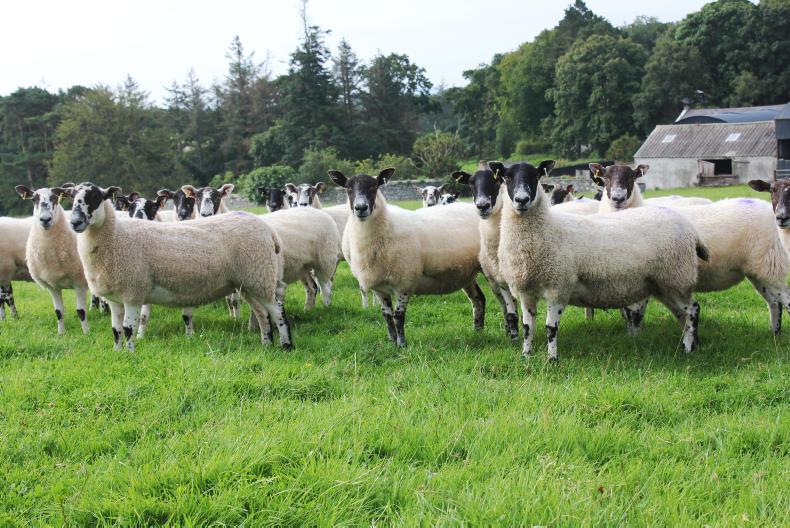
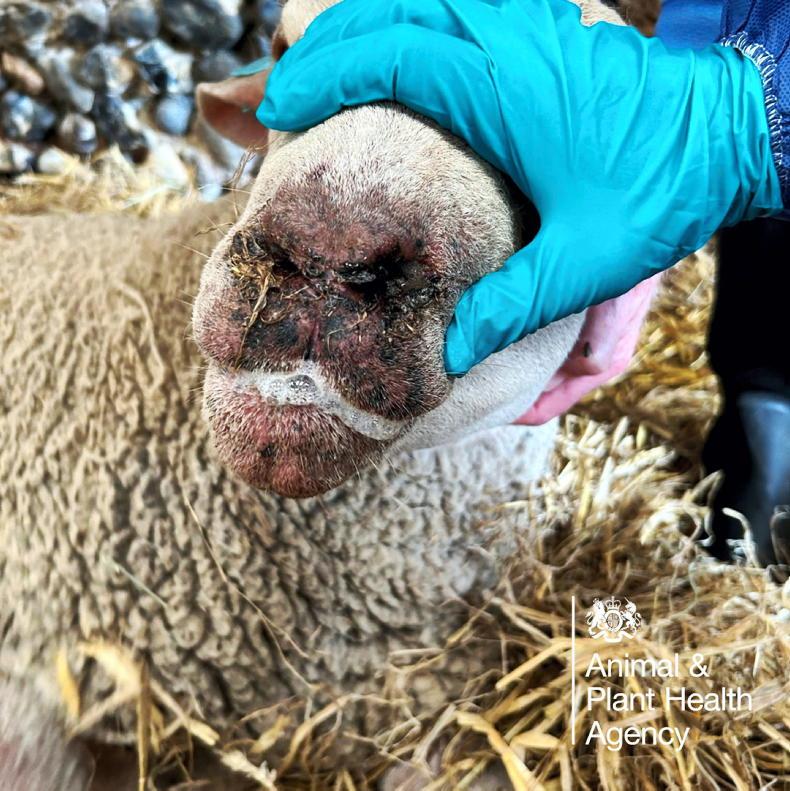
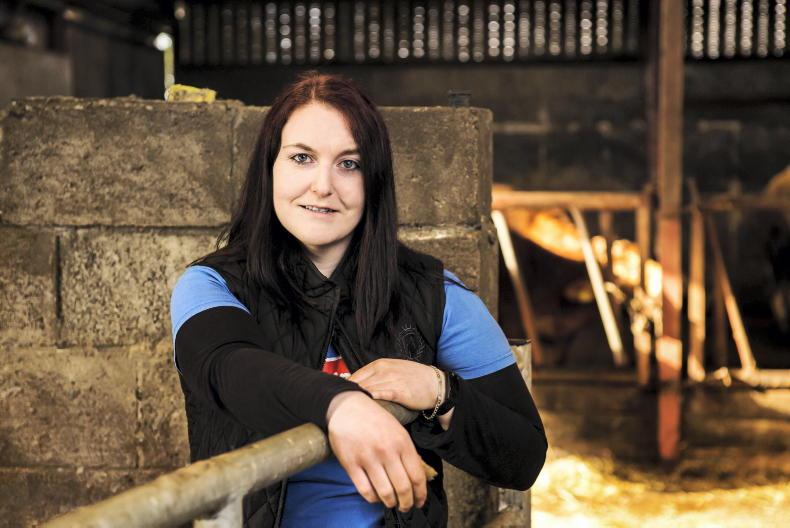
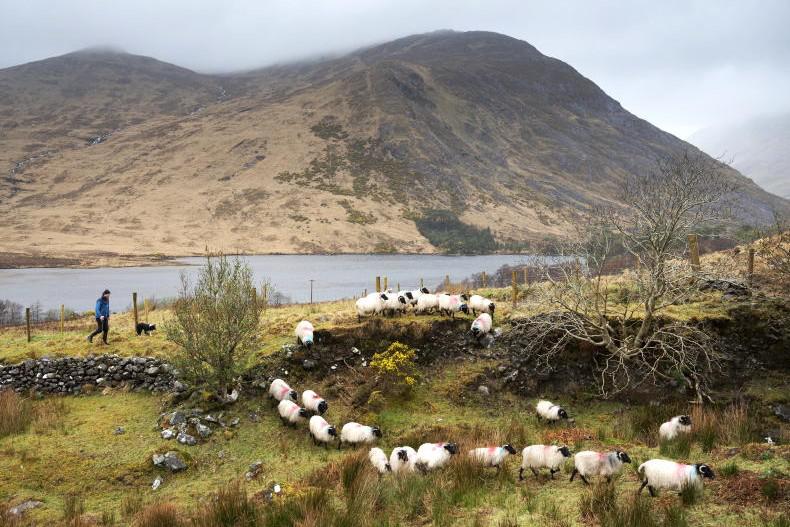
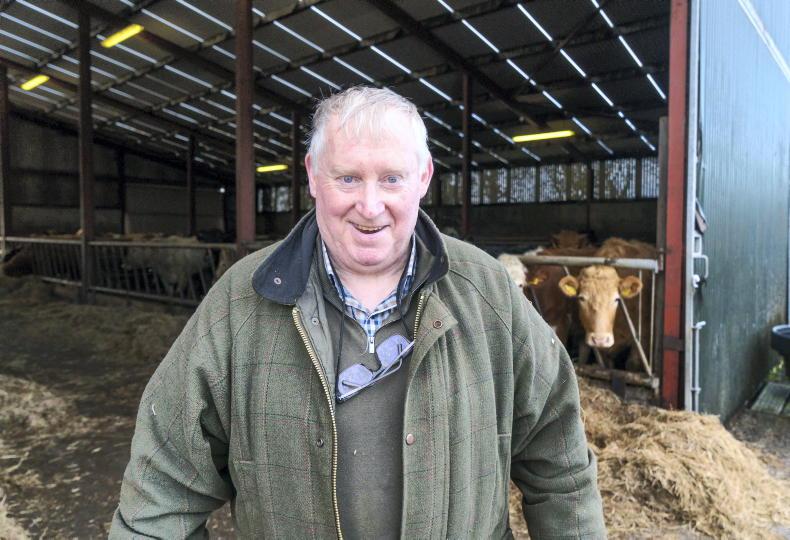
SHARING OPTIONS